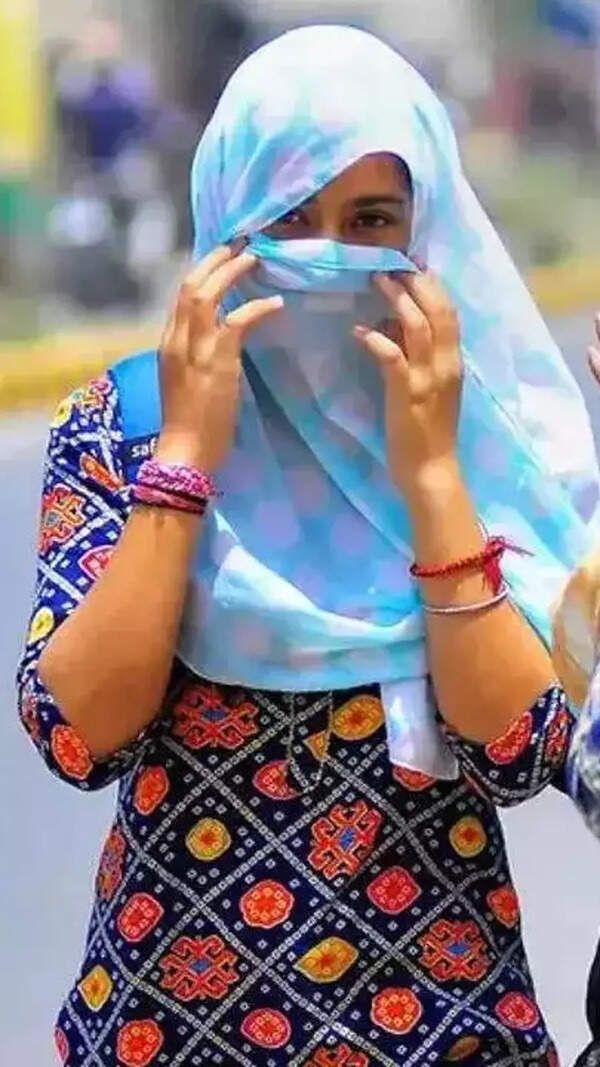Trending Topics
Agra: Injured by stray bull, farmer sends notice to DM, seeks Rs 5 lakh relief

Representative image
AGRA: A 36-year-old farmer who had suffered fractures in his right leg in an attack by a stray bull has sent a legal notice to Agra district magistrate (DM) demanding Rs 5 lakh compensation. Raj Kumar, of Lohkarera village in the district, was hit by a stray bull on April 15 while he was returning home from his field.
In the legal notice, he claimed that he had to stay in hospital for a week for surgery, which cost him Rs 1 lakh, adding that the attack incapacitated him from working in the field.
On May 26, his lawyer Rohan Singh sent the legal notice to the DM, the SDM, the gram panchayat and the government veterinary officer, alleging government departments were responsible for his injuries.
In March this year, the UP government had directed all district authorities that cattle should not be on the streets - and particularly in farmers' fields - after April 1, 2023. The order mentioned that stray cattle should be rounded up and sent to the shelters. The responsibility for the execution of the government order was fixed on the district officials, the legal notice mentioned. The injured farmer claimed that the administration has failed to carry out the order.
"My right thigh bone got fractured in the attack. I am still not able to go to work. My family is also suffering. Local authorities are responsible for my condition. In case of no response to my legal notice within 15 days, I will take up the matter in court," said the victim, a father of two.
Lawyer Rohan Singh said, "Preventing animals from straying is covered under the Panchayat Raj Act. There is also a provision for keeping them in a cowshed or a secure location. The farmer injured by a stray cattle is entitled by the law to get Rs 5 lakh compensation."
DM Navneet Singh Chahal, meanwhile, said, "I have not received any notice so far. The animal husbandry department is working on shifting stray cattle to shelter facilities."
According to 2019 data of the Union ministry of fisheries, animal husbandry and dairying, UP has 18.4 lakh stray cattle, the highest in the country. Of these, about 8 lakh are either in shelters or adopted as part of a state government scheme.
In the legal notice, he claimed that he had to stay in hospital for a week for surgery, which cost him Rs 1 lakh, adding that the attack incapacitated him from working in the field.
On May 26, his lawyer Rohan Singh sent the legal notice to the DM, the SDM, the gram panchayat and the government veterinary officer, alleging government departments were responsible for his injuries.
In March this year, the UP government had directed all district authorities that cattle should not be on the streets - and particularly in farmers' fields - after April 1, 2023. The order mentioned that stray cattle should be rounded up and sent to the shelters. The responsibility for the execution of the government order was fixed on the district officials, the legal notice mentioned. The injured farmer claimed that the administration has failed to carry out the order.
"My right thigh bone got fractured in the attack. I am still not able to go to work. My family is also suffering. Local authorities are responsible for my condition. In case of no response to my legal notice within 15 days, I will take up the matter in court," said the victim, a father of two.
Lawyer Rohan Singh said, "Preventing animals from straying is covered under the Panchayat Raj Act. There is also a provision for keeping them in a cowshed or a secure location. The farmer injured by a stray cattle is entitled by the law to get Rs 5 lakh compensation."
DM Navneet Singh Chahal, meanwhile, said, "I have not received any notice so far. The animal husbandry department is working on shifting stray cattle to shelter facilities."
According to 2019 data of the Union ministry of fisheries, animal husbandry and dairying, UP has 18.4 lakh stray cattle, the highest in the country. Of these, about 8 lakh are either in shelters or adopted as part of a state government scheme.
Start a Conversation
FOLLOW US ON SOCIAL MEDIA
FacebookTwitterInstagramKOO APPYOUTUBE







